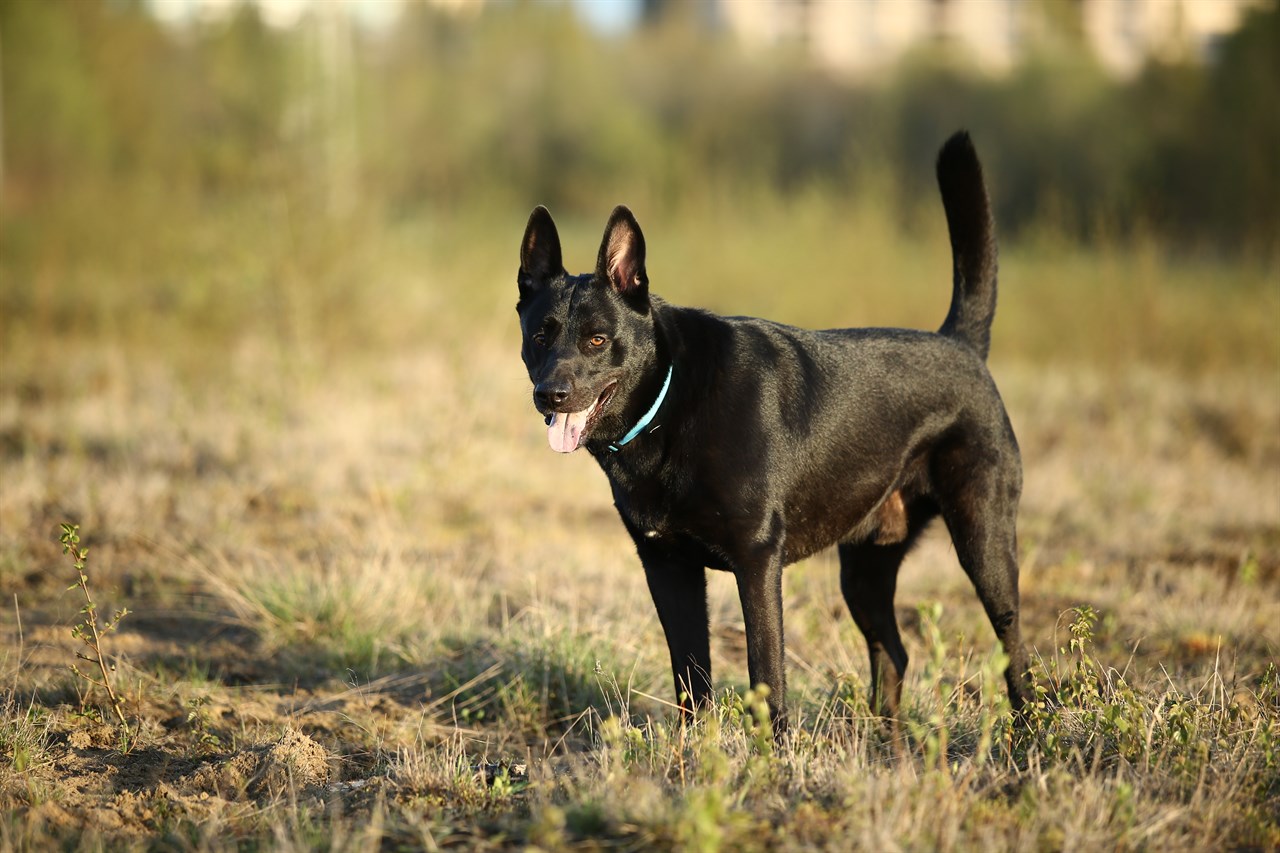The Dutch Shepherd: A Versatile and Rare Canine Gem

The world of dog breeds is a diverse tapestry, each thread representing a unique lineage of traits, characteristics, and history. Amongst the multitude of breeds, the Dutch Shepherd stands out as a versatile and intelligent working dog with a rich history and distinctive features.
Breed History
The Dutch Shepherd's roots trace back to the Netherlands, where it was initially developed as a herding dog in the early 19th century. Renowned for its intelligence, agility, and versatility, the breed was prised by farmers for its ability to manage and control flocks of sheep. The Dutch Shepherd's adaptive nature made it an invaluable asset in a variety of roles, from herder to guard dog.
Also Known As
The Dutch Shepherd is also known as the Hollandse Herdershond or Dutchie by lovers of the breed.
Breed Group and Size
Belonging to the herding group, Dutch Shepherds are characterised by their agility and stamina. They typically fall into the medium to large size category, with males standing between 56 to 61 centimetres at the shoulder and females ranging from 53 to 58 centimetres.
Coat, Colour, and Appearance
One of the Dutch Shepherd's most distinctive features is its brindle coat—a unique mix of light and dark stripes giving it a tiger-stripe appearance. The coat is of medium length, dense, and harsh, providing protection against the elements. The acceptable coat colours include gold, silver, and red variations.
In terms of appearance, Dutch Shepherds possess a well-proportioned and athletic build. Their keen and alert expression is accentuated by their pointed ears and dark, almond-shaped eyes.
Now, let's delve into some intriguing questions
What is the difference between a and a German Shepherd Dog?
While both breeds share a herding background, they differ in appearance. Dutch Shepherds are smaller and leaner, with a distinctive brindle coat, whereas German Shepherds are larger, with a more varied coat colour that includes black and tan, sable, and solid black.
Are Dutch Shepherds a rare breed?
Yes, Dutch Shepherds are considered a rare breed, especially when compared to more popular breeds like Labrador Retrievers or German Shepherds.
Why are Dutch Shepherds so rare?
The rarity of Dutch Shepherds can be attributed to their historical role as working dogs on farms, which limited their exposure. Additionally, breeding programmes were not as widespread as those for more mainstream breeds.
Is a Dutch Shepherd the same as a Malinois?
No, Dutch Shepherds and Malinois are distinct breeds, although they share some similarities. Both are herding dogs, but Malinois are often larger and have a different coat colour, commonly fawn with a black mask.
What breeds are in a Dutch Shepherd?
The Dutch Shepherd is believed to have descended from a mix of local herding dogs and may share ancestry with Belgian and German Shepherds.
What is a Malinois mixed with Dutch breed?
A Malinois mixed with a Dutch Shepherd would result in a hybrid dog with a combination of traits from both breeds, including size, coat colour, and temperament.
What is a Dutch Shepherd also known as?
The Dutch Shepherd is also known as "Hollandse Herdershond" in its native Dutch language.
Can you get a Dutch Shepherd in Australia?
Yes, Dutch Shepherds can be found in various countries, including Australia. However, due to their rarity, potential owners may need to seek out specialised breeders or rescue organisations.
In conclusion, the Dutch Shepherd is a remarkable breed with a fascinating history and unique characteristics. Its rarity adds to its allure, making it a prised companion for those who appreciate its intelligence, agility, and distinctive brindle coat. As interest in this versatile breed grows, the Dutch Shepherd may step further into the spotlight, sharing its exceptional qualities with a broader audience.
Continue reading our Dutch Shepherd in-depth articles
- Dutch Shepherd Temperament and Behaviour
- Dutch Shepherd Training and Socialisation
- Dutch Shepherd Toilet Training
- Dutch Shepherd Barking Habits
- Dutch Shepherd Grooming Requirements
- Dutch Shepherd Shedding Behaviour
- Dutch Shepherd Sleeping Behaviour
- Dutch Shepherd Diet and Feeding Requirements
- Dutch Shepherd Average Lifespan
- Dutch Shepherd Exercise Requirements
- Dutch Shepherd Common Health Issues
- Dutch Shepherd Suitability Guide
- Dutch Shepherd Advantages
- Dutch Shepherd Disadvantages
- Dutch Shepherd Cost to Buy and Own
- Dutch Shepherd Clubs and Links
- Selling Dutch Shepherd Puppy Litters and Dogs
- Buying Dutch Shepherd Puppies and Dogs
- Dutch Shepherd Alternatives
Dutch Shepherd puppies for sale
- Find Dutch Shepherd puppies for sale in ACT
- Find Dutch Shepherd puppies for sale in NSW
- Find Dutch Shepherd puppies for sale in NT
- Find Dutch Shepherd puppies for sale in QLD
- Find Dutch Shepherd puppies for sale in SA
- Find Dutch Shepherd puppies for sale in TAS
- Find Dutch Shepherd puppies for sale in VIC
- Find Dutch Shepherd puppies for sale in WA